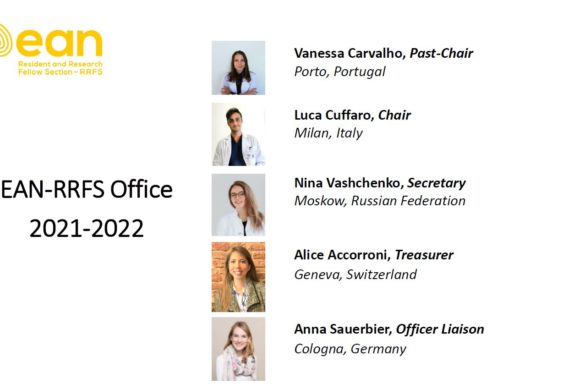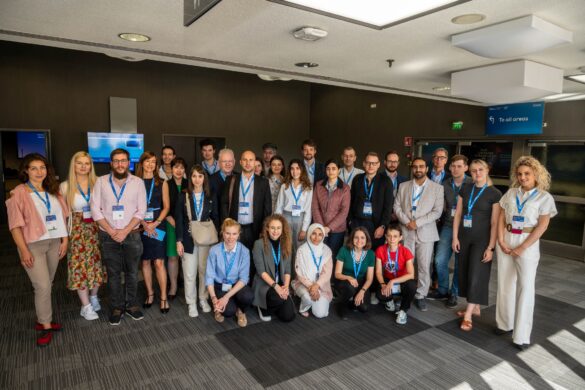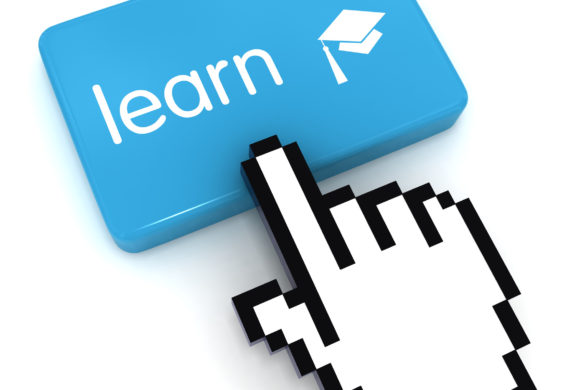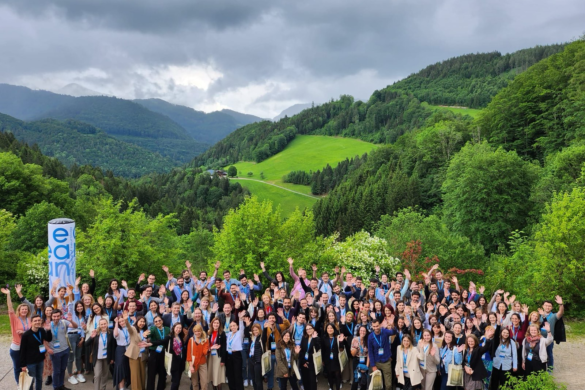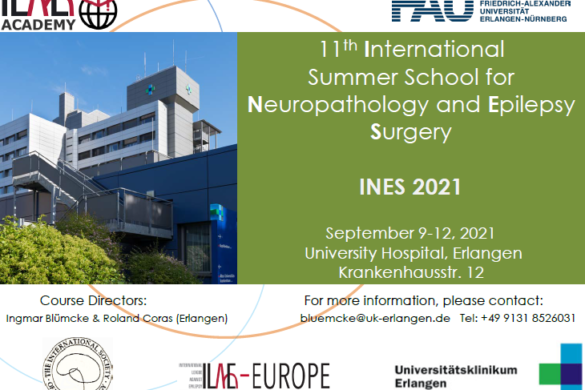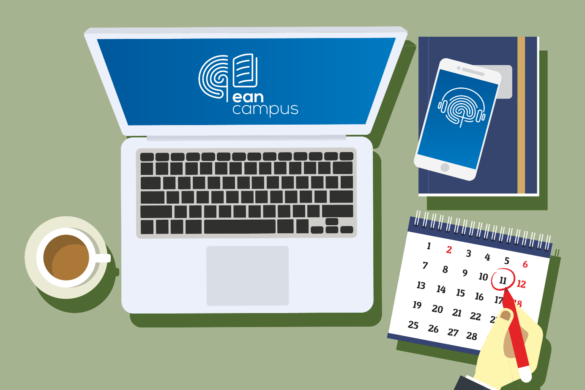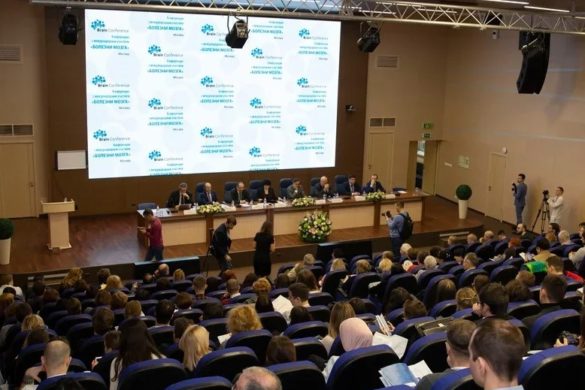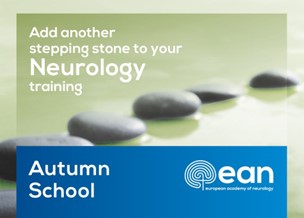
Name: Sherzod Shirmatov, Uzbekistan
Term of the Fellowship: 27.5. – 11.7.2019
Hosting department: 2nd Department of Neurology, Sobieskiego, Warsaw, Poland
Supervisor: Prof. Anna Czlonkowska
First of all, I want to thank EAN Clinical Fellowship program for great opportunity to visit the Institute of Psychiatry and Neurology in Warsaw (Poland). The main purpose of my visit was to study the stroke care system in Poland and Europe, get acquainted with the structure and work of stroke units, get acquainted with modern methods of providing care to patients with acute stroke and ways of early rehabilitation of patients. But besides this, I got a lot of knowledge on Wilson’s disease, neurodegenerative, demyelinating diseases and other fields of general neurology.
I admired the work organization in the 2nd Department of Neurology. Very well-organised, well-planned, the most examinations can be performed in a few days. For the acute stroke it means that on admission patient undergoes CT/MRI, next day ultrasound and transcranial Doppler, and next few days – ambulatory ECG, Holter and blood pressure monitoring, also if necessary taking blood samples for genetic testing. Treatment and examinations for acute stroke in the 2nd Department of Neurology is usually completed in 8-10 days, and then patients are referred to further treatment in a rehabilitation department. Besides stroke, the Department is the biggest Wilson’s disease center of Poland. Here patients all over from Poland undergo initial diagnosis, and then come on regular basis for outpatient consultations and for copper metabolism assessment. Family members of the patients are screened for disease, so the disease is often revealed and treatment initiated in the early stage. Also, during my fellowship, I participated in the annual meeting of the patients with Wilson’s disease.
The entire period of my training was divided into several parts. The first three weeks I spent in the stroke and intensive care unit, the fourth week I spent in the Neurophysiology department. The fifth and sixth week I spent in the Rehabilitation department. The last week I spent in the ultrasound unit. In more detail, about these wonderful weeks, I will tell further.
My every day began with a morning briefings where doctors from the department together discuss all new admissions. Every Tuesday, I participated in a clinical round and every Wednesday I attended in the discussions of complex clinical cases together with radiologists and related specialists.
Week 1-3. Stroke and intensive care unit
I especially paid attention to this period since the main purpose of the fellowship in this department was to learn how to manage patients with acute stroke. During these weeks I have studied the treatment of patients with stroke, including thrombolysis (indications, contraindications, selection criteria, etc.) and thromboectomy. Thrombolysis is performed here routinely, so I was able to see many patients after trombolysis, and to track some patients from door to needle. I was able to see early rehabilitation of patients with stroke.

Week 4. Neurophysiology department.
In this department, I mainly studied EMG and evoked potentials. Patient examinations were carried out every day and I observed a lot of patients with polyneuropathies, demyelinating diseases.
Week 5-6. Rehabilitation department
During this period, I became fully acquainted with the work of physical therapists, physiotherapists, occupational therapists, etc. In addition, I got acquainted with various methods of mechanical therapy, robotic therapy, etc. I participated in group and individual classes. At the Rehabilitation department, botulinum toxin injection therapy is carried out for patients with spasticity after stroke. Thanks to the head of the department Iwona Sarzyńska-Długosz, I took an excellent hands-on course in botulinum toxin injection therapy.
Week 7. Ultrasound
During the Neurosonology rotation I improved my Doppler technique and was pleased to see a thoroughly way to examine patients that I need to apply in my routine.
I have to say that I spent a wonderful 7 weeks in Warsaw. It is a very beautiful city with pleasant air, polite people, many attractions and museums.
I want to thank the head of department Prof. Iwona Kurkowska Jastrzebska, Dr. Agnieszka Piechal, Dr. Iwona Sarzyńska-Długosz, residents Maciej Śnieżyński, Karolina Katarelos and Łukasz Smoliński for their support. I want to thank the whole team of the 2nd Department of Neurology for their hospitality.
Especially I want to thank Prof. Anna Członkowska for making my dream a reality, for her kindness, responsiveness, for her support, for providing me with full accommodation and meals, and for the lot of advice she gave me. All the experience that I got there certainly will help me to improve the system of neurological care in our country. And, of course, I recommend all young neurologists to participate in the Clinical Fellowship program.

Name: Laura Šinkunaite, Lithuania
Term of the Fellowship: 15.4. – 24.5.2019
Hosting department: Neurodegeneration Imaging Group, Maurice Wohl Clinical Neuroscience Institute, Kings’s College London, Camberwell, United Kingdom
Supervisor: Prof. Marios Politis
I could not have been more excited about coming to London for a six week long experience of shadowing the movement disorders team of Prof. Marios Politis at Kings College London. A colleague of mine had done the same internship last spring and I had spent a year listening to his stories and wondering what my time there is going to be like. Since I was mostly interested in clinical neurology, the team chose Dr. Flavia Niccolini as my mentor. She was the first person I have met on my first day and right from the start I knew it was going to be an invaluable experience.
It was so interesting to shadow Dr. Niccolini in all her professional activities, from seeing general neurology patients, to observing the follow-up of movement disorder patients, discussing differential diagnosis and participating in MDT reunions – there was always something going on. Despite of being a clinical fellow, I also got the chance to catch a glimpse of the scientific activities of the team, especially during the MDT reunions where each week one of the young specialists there would give a presentation and the whole team would discuss it later on. I appreciated very much the spirit of asking questions and engaging in discussions and on the last week of my stay, I was very honoured to give a presentation myself about the domain specific cognitive impairment in atypical parkinsonism.
One of the things that struck me most is the hollistic aproach to patient care. I was very much surprised to discover the existence of specialised nurses, in my case – the amazing Parkinson Disease (PD) nurses Lee Kieft at Queen Elizabeth Hospital (QEH) and Miriam Parry at KCH. I ended up spending a siginificant part of my fellowship shadowing these two experts, learning so much about the follow up of the motor/non motor symptoms of PD, realising how much every little symptom matters when it comes to patient quality of life and how important it is to adress it. It was also very inspiring to learn about the support groups, available for movement disorder patients – yoga groups, choirs, self support circles.
I was particularly lucky, that my mentor worked at two hospitals – Queen Elizabeth Hospital, which is a smaller district hospital and Kings College Hospital – a big university hospital and home to numerous research teams and edge cutting studies. It was so interesting to discover the different ways of how things work in the UK and where these differences converge, especially when it comes to patient care. All in all, it was a truly meaningful experience, which definitely changed my understanding and approach to one of the most complex areas in neurology. I have been back home for several months now, and already had the chance to apply what I have learned during my fellowship when dealing with the patients in my every day work. I know for sure it has made a significant difference for my clinical practice and I am ever so grateful to the EAN and the NIG team and Dr. Flavia Niccolini for this amazing opportunity.




